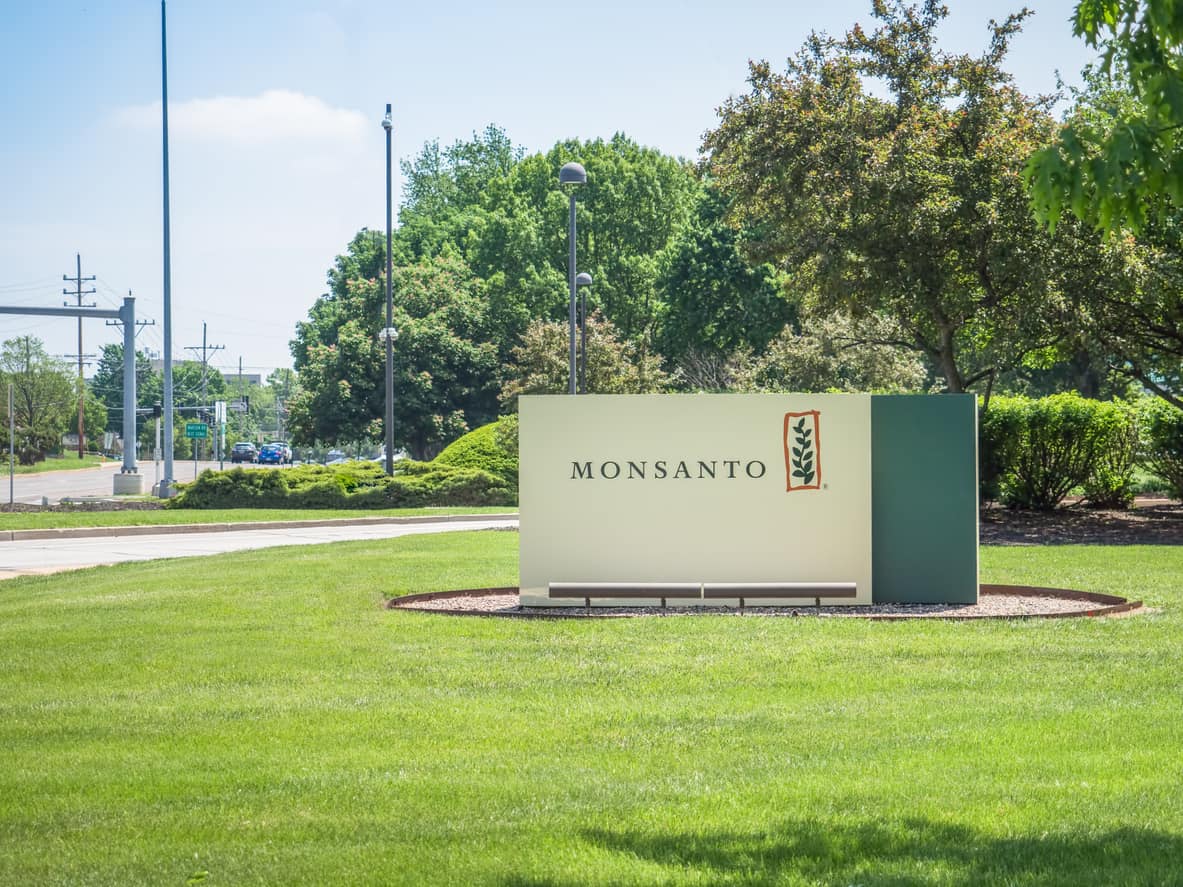Woman Files $1 Billion Monsanto Roundup Lawsuit

A Florida woman with throat cancer is suing Bayer for a billion dollars. Melanie LaFond, of Lake Worth, claims that the company’s controversial pesticide Roundup is responsible for her terminal cancer diagnosis. LaFord reportedly sprayed Roundup every day for two years while working for a landscape company. Her attorneys argue that she “essentially bathed” in the chemical. Now she and her family are struggling with the fact that she has days to live.
Plaintiff Argues $1 Billion Isn’t Enough
She’s seeking the largest payout in a Roundup lawsuit to date. She will not survive the cancer. Reports indicate that she only has a short time left to live. As a result, her three young sons – ages 10, 13, and 16 – will have to grow up without their mother. Her cancer will ultimately deprive her of the opportunity to see her sons grow into young men, go to college, get married, and have children of their own. LaFord has even argued that $1 billion isn’t enough to compensate the family for their loss and suffering.
Bayer Faces More than 11,000 Roundup Lawsuits
LaFord isn’t the first person to file a lawsuit Roundup against Bayer or Monsanto. In fact, there are more than 11,000 Roundup injury lawsuits pending in state and federal courts across the country. All of the lawsuits, including LaFord’s, claim that:
- Glyphosate, the active ingredient in Roundup, causes cancer
- Monsanto, now Bayer, knew about the risks associated with exposure to glyphosate, and
- Bayer continued to market and sell the product, anyway, without warning consumers.
Plaintiffs argue that they were deprived of the right to make an informed decision about the products they use and work with. Studies show that cancer rates are highest in individuals who are exposed to glyphosate at “the highest levels.”
In other words, individuals who work on farms or in agriculture applying Roundup are at the greatest risk of developing cancer. Had the plaintiffs known about the health risks associated with glyphosate, they could have opted for a different job and/or taken steps to avoid exposure.
However, they weren’t given this opportunity because the manufacturer never disclosed the health risks. In fact, there’s even evidence to suggest that Monsanto went to great lengths to bury and conceal negative research. Internal documents show a concerted effort to influence government regulatory agencies and manipulate the public.
Bayer Refuses to Acknowledge Link Between Roundup and Cancer
Despite the fact that a growing number of studies are revealing a link between glyphosate exposure and cancer, Bayer refuses to acknowledge that its best-selling weed killer may be dangerous. Instead, the company remains adamant that its product is safe. Bayer simply points to studies performed by various American regulatory agencies. The same agencies the company is accused of influencing and manipulating.
Several Roundup lawsuit injury cases have already gone to trial. Bayer lost the very first case and was ordered to pay a California man $289 million in damages. There, the jury not only determined that glyphosate contributed to the victim’s cancer, but also that Monsanto acted maliciously in not disclosing known health risks. The company may change its tune or consider settling pending lawsuits if it continues to lose in court.
